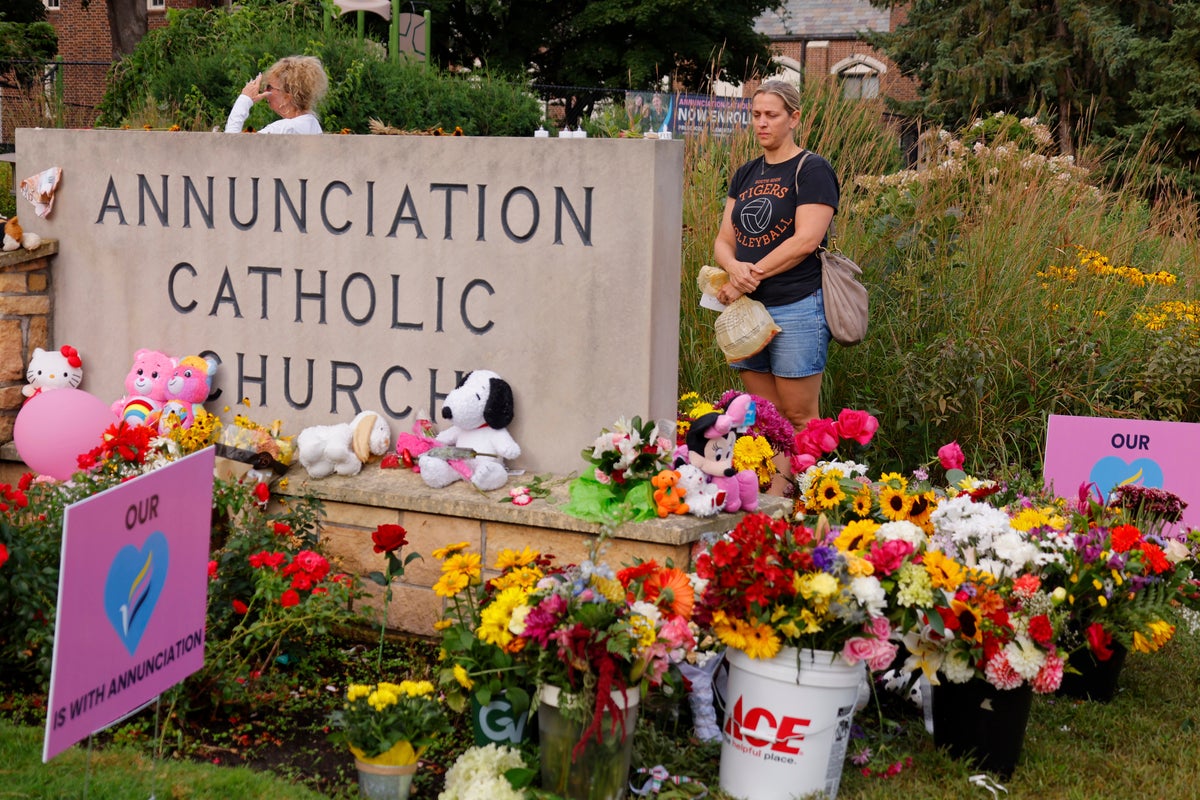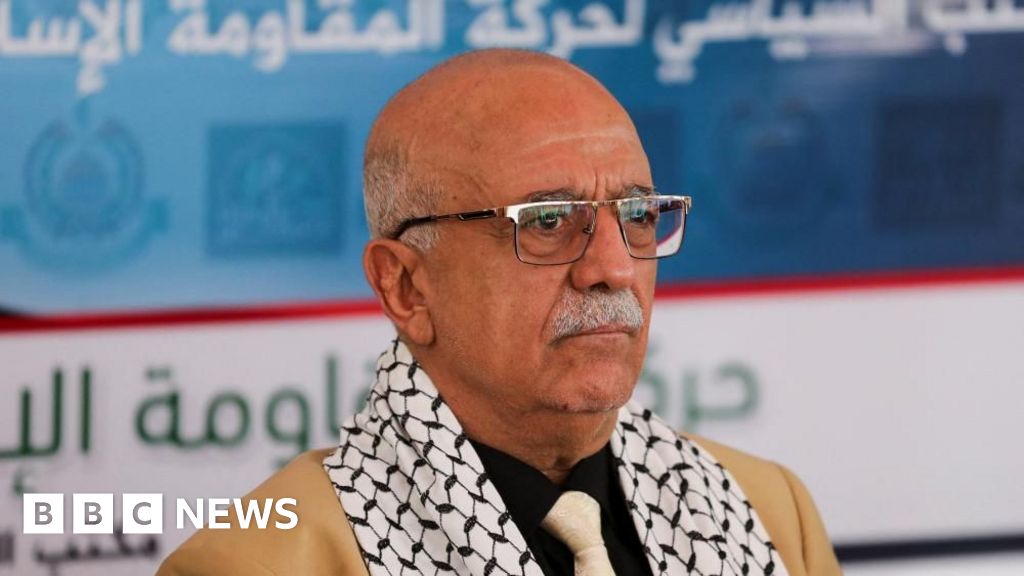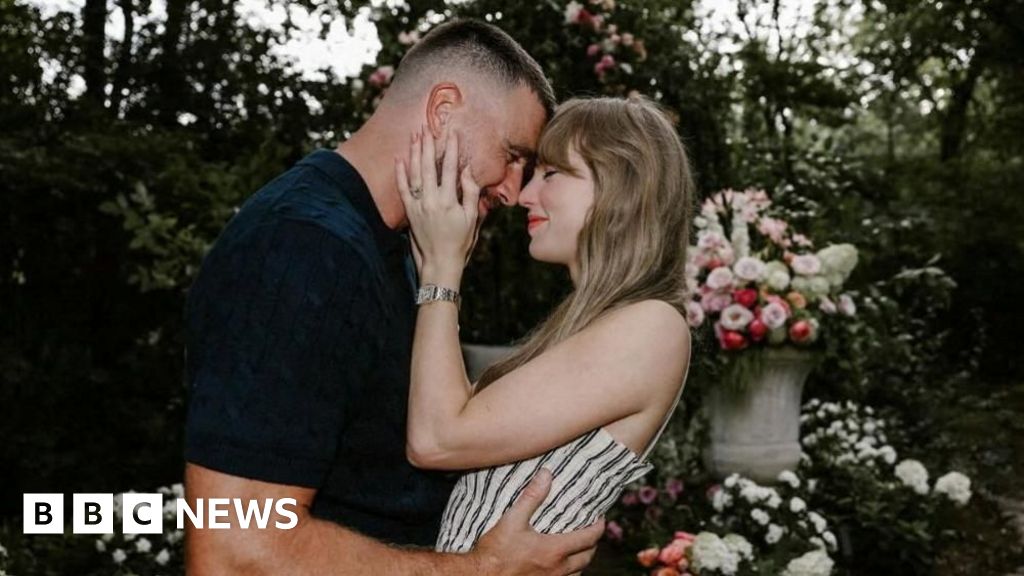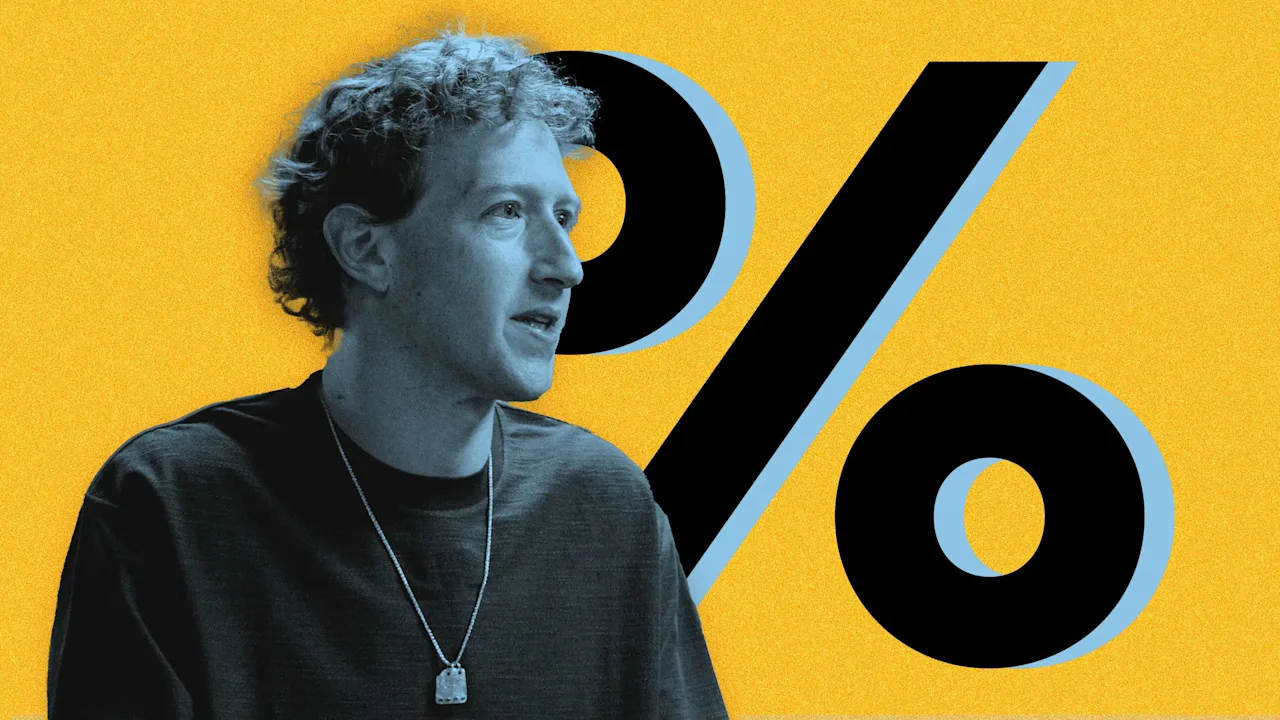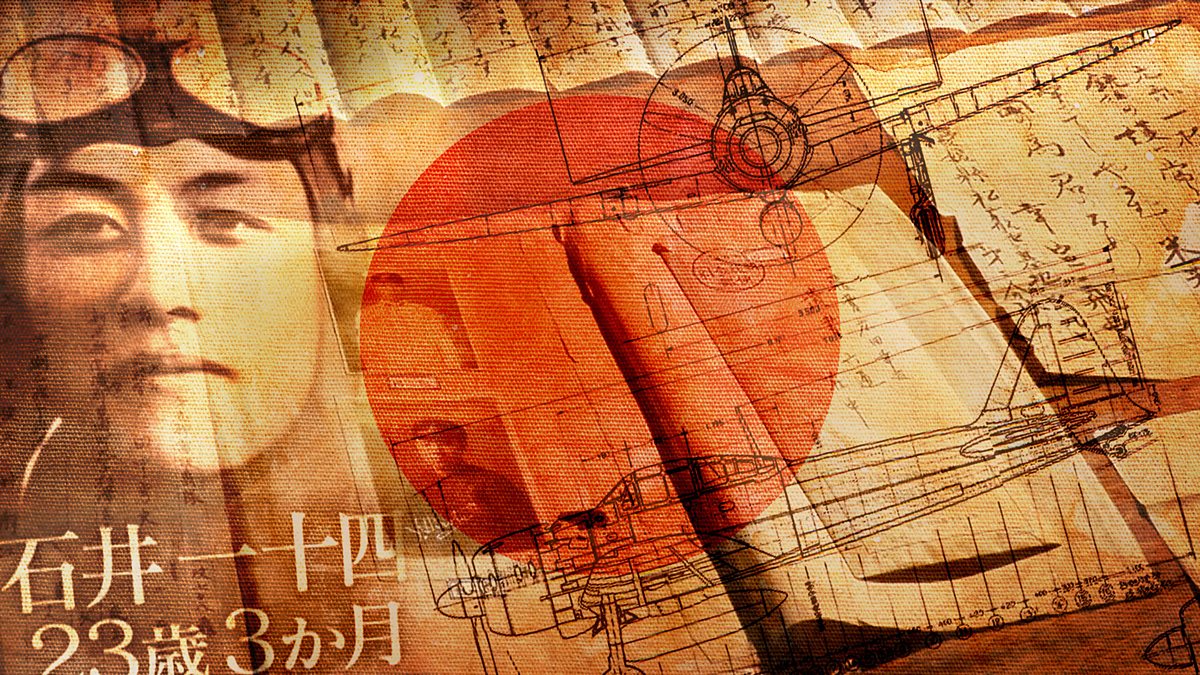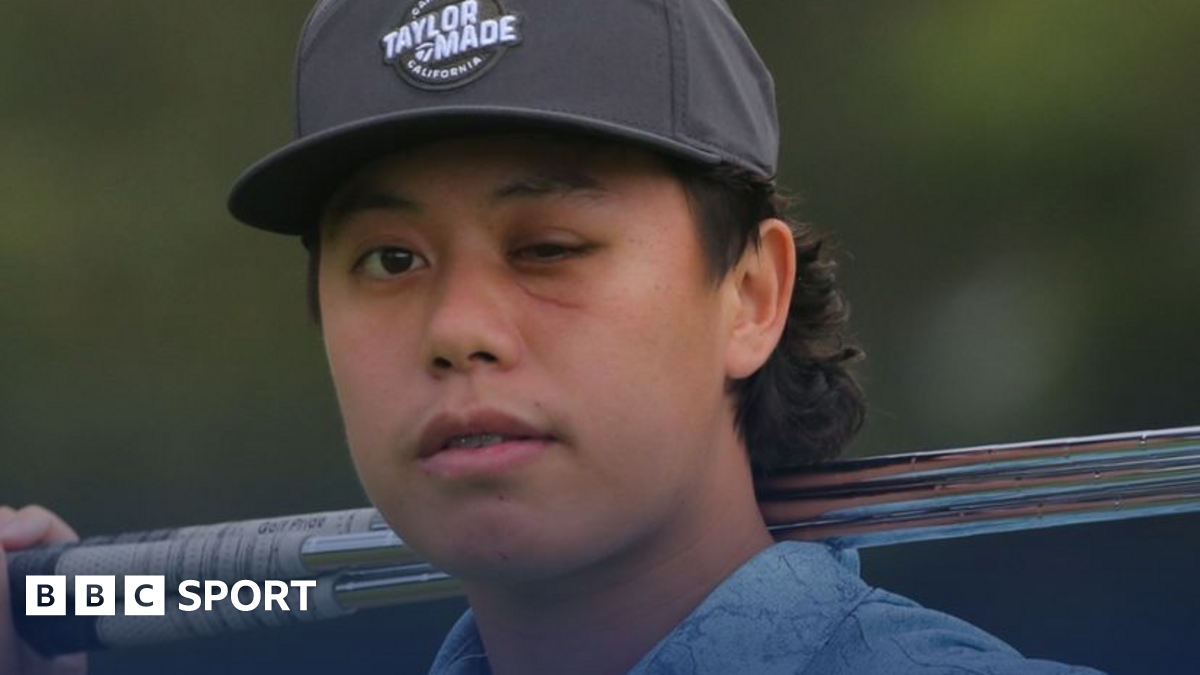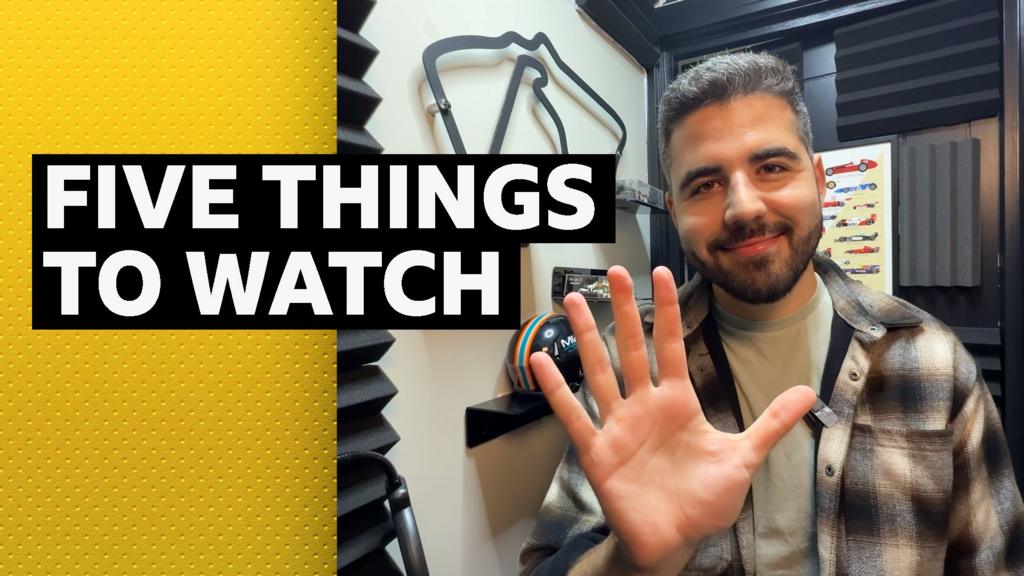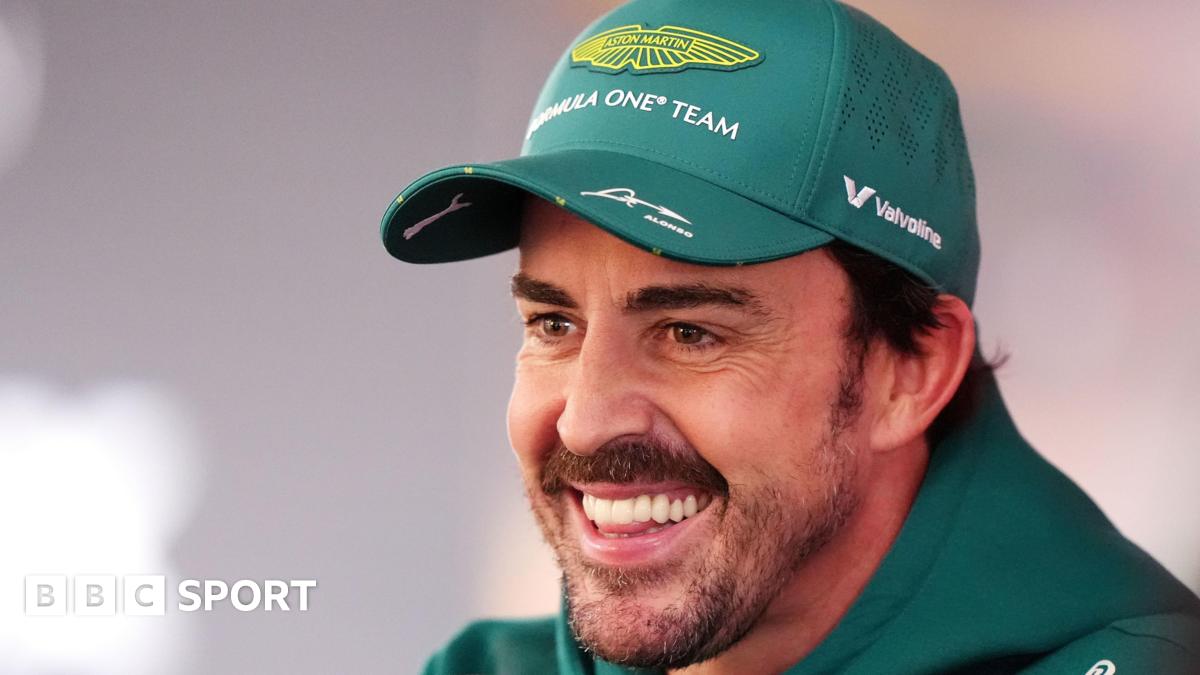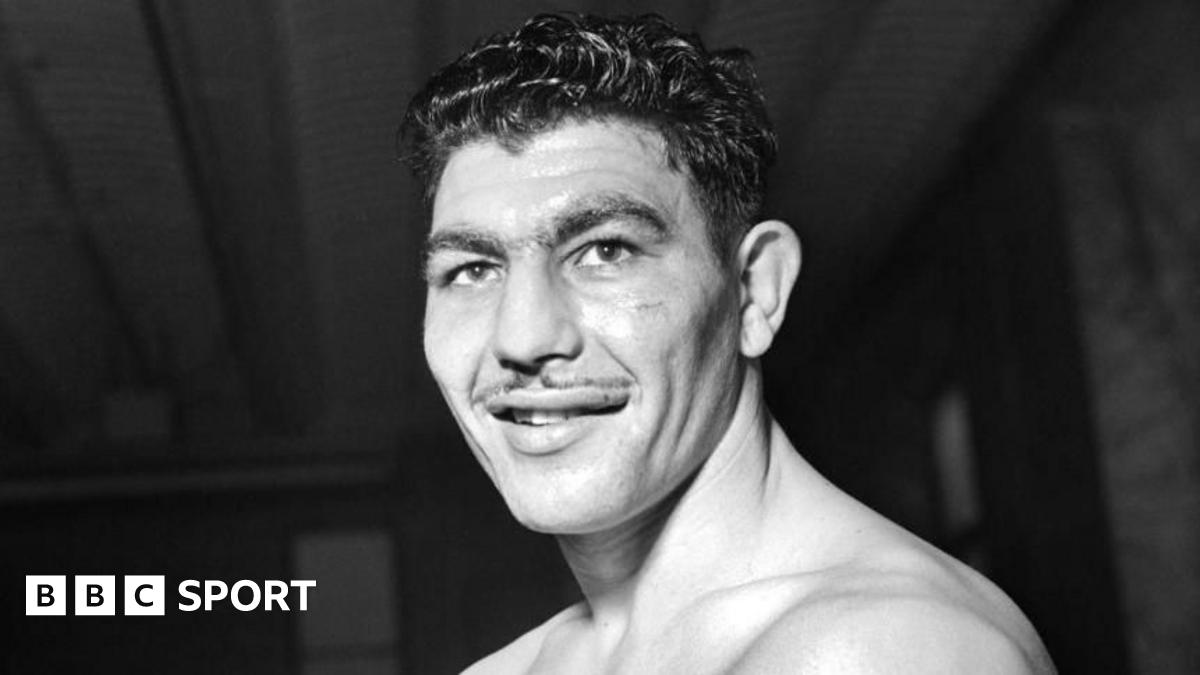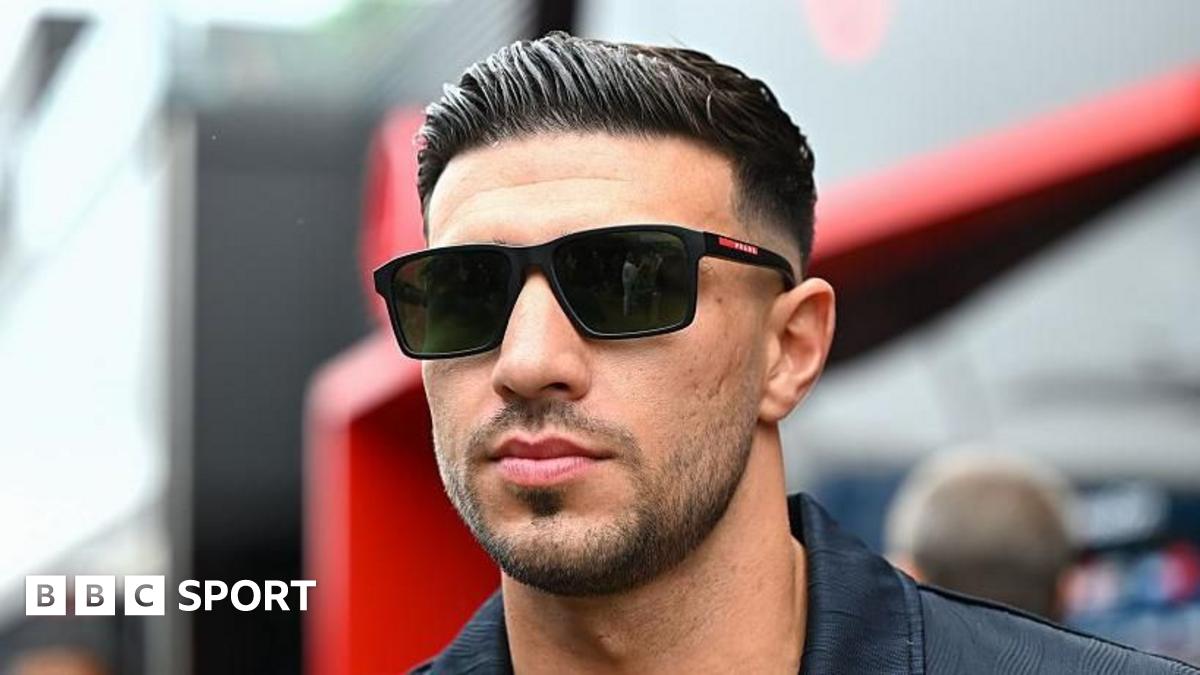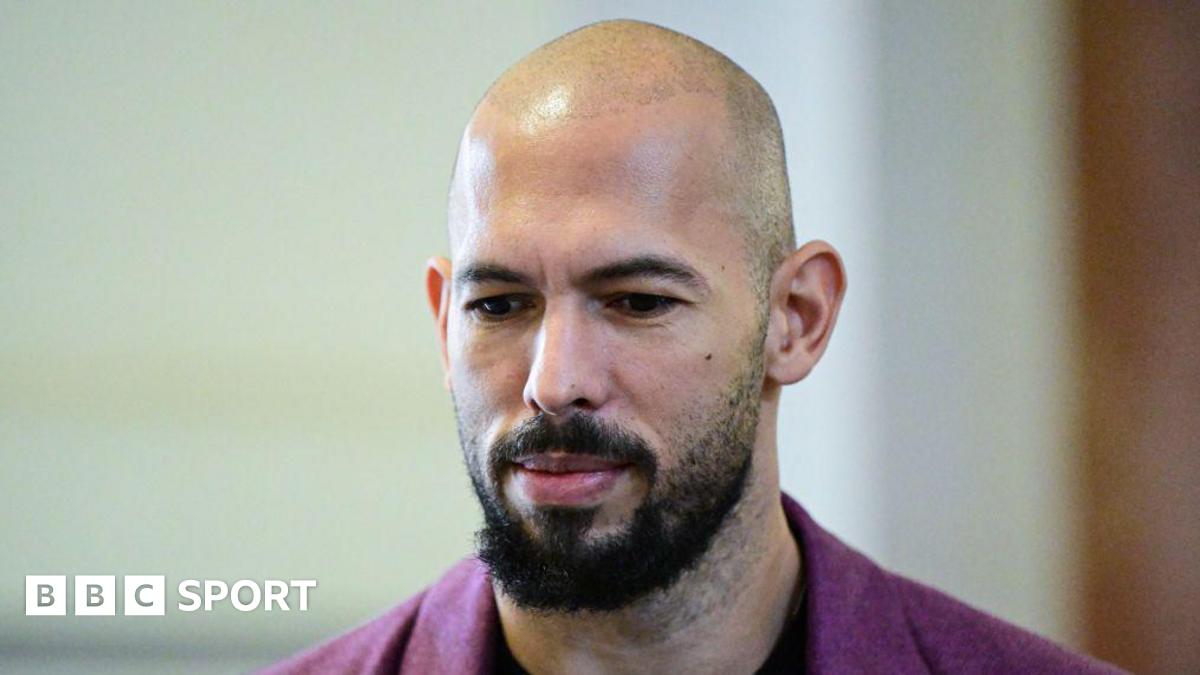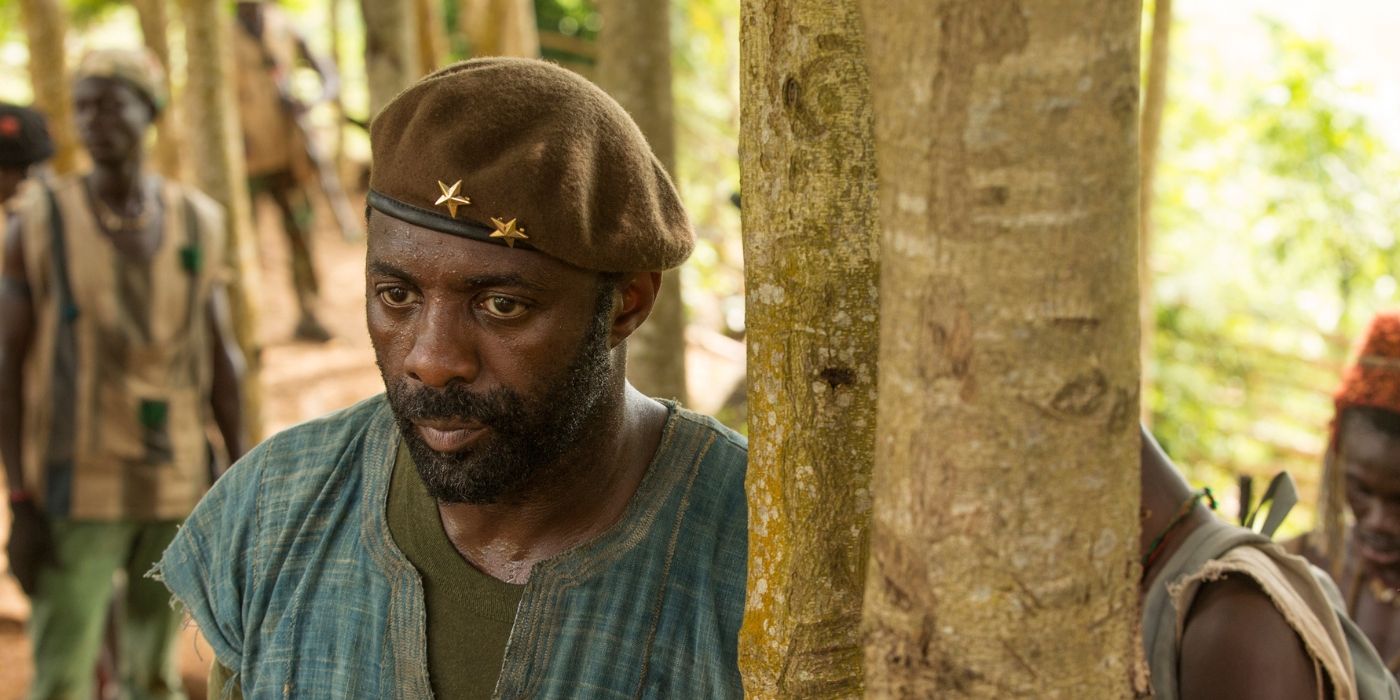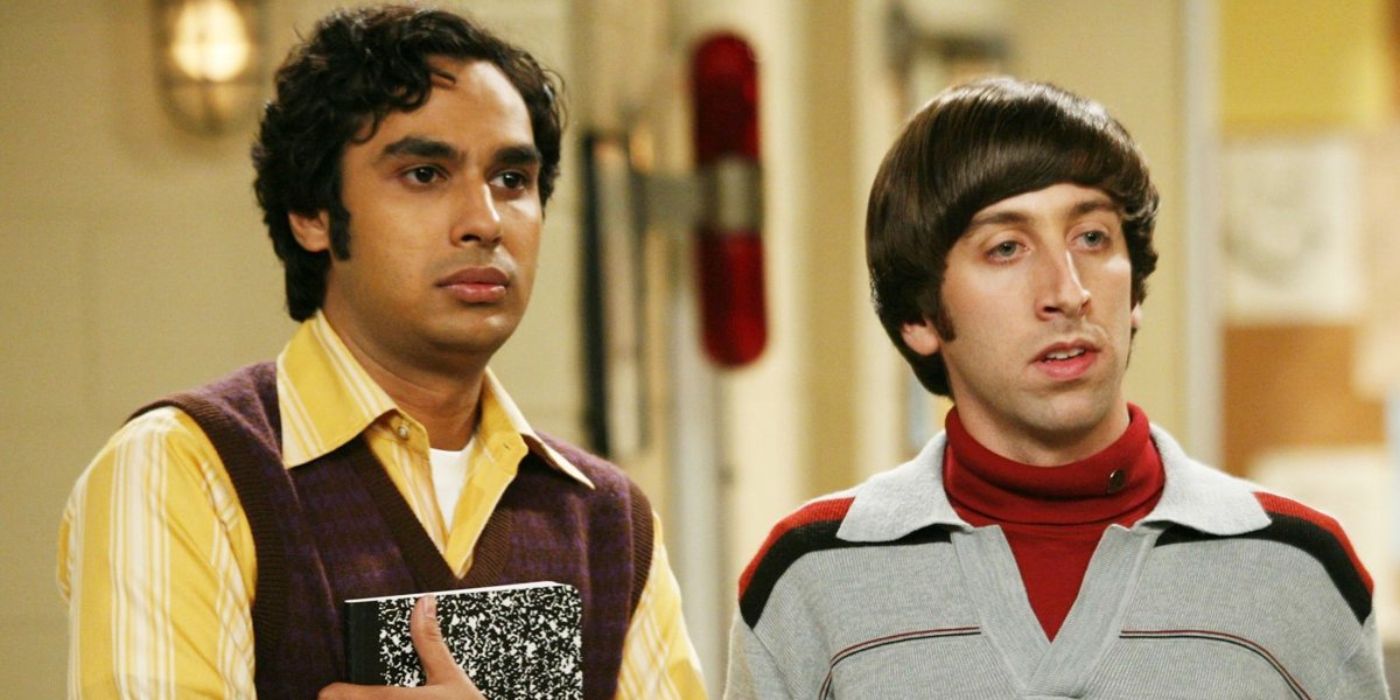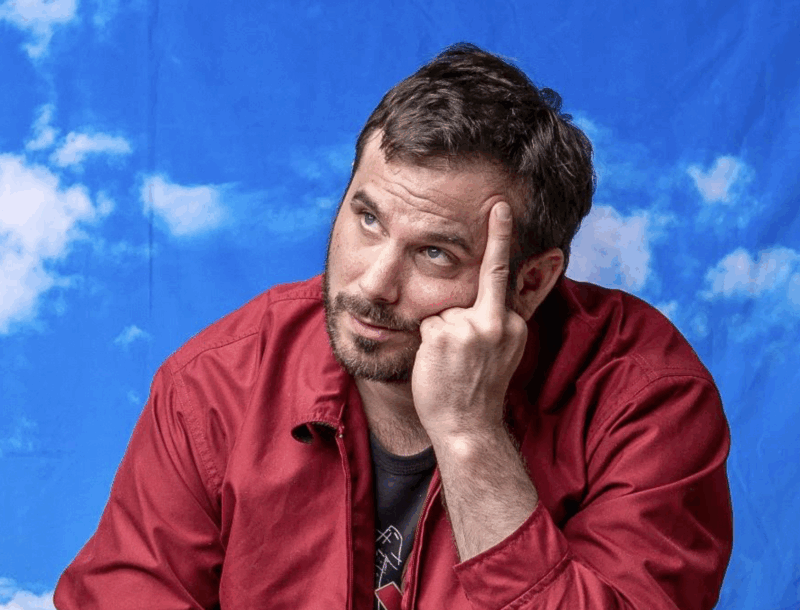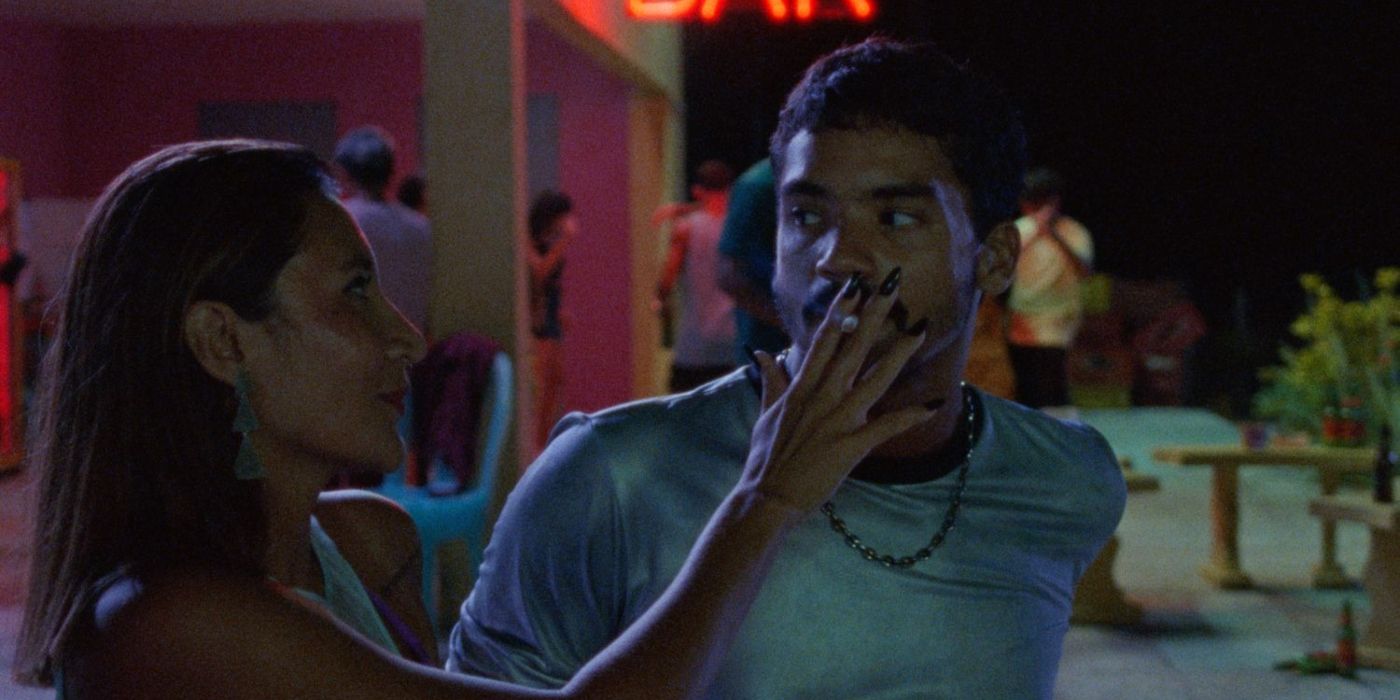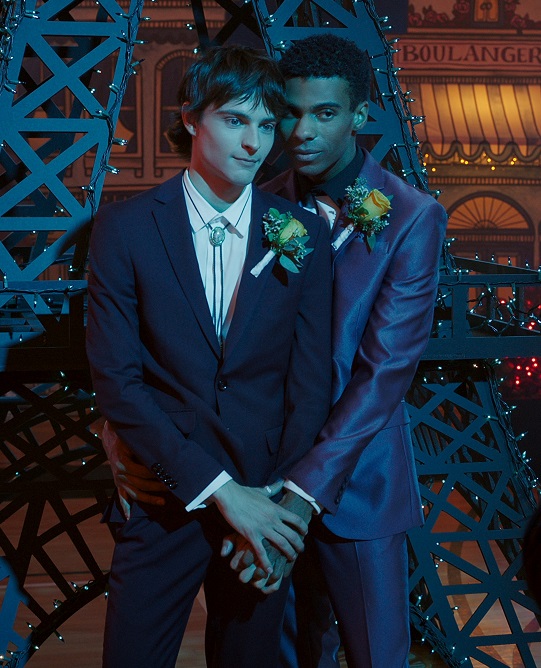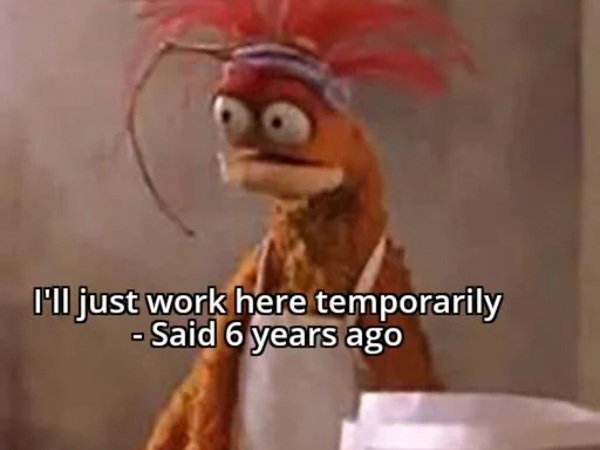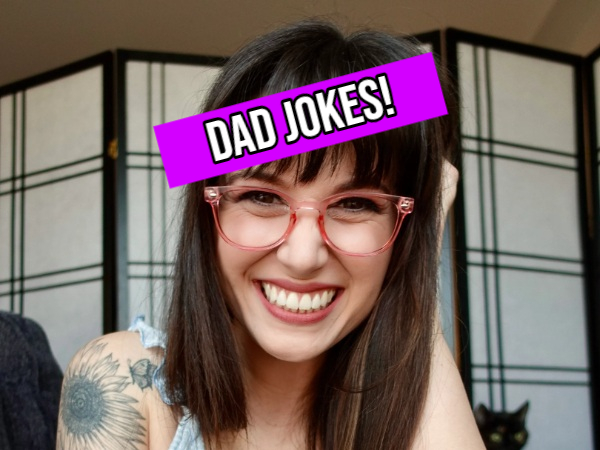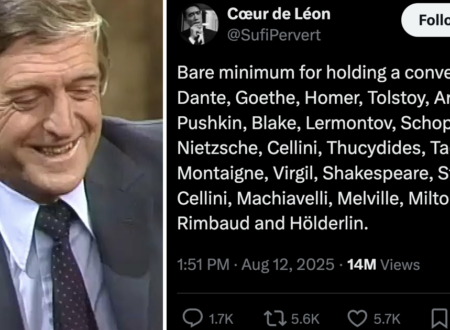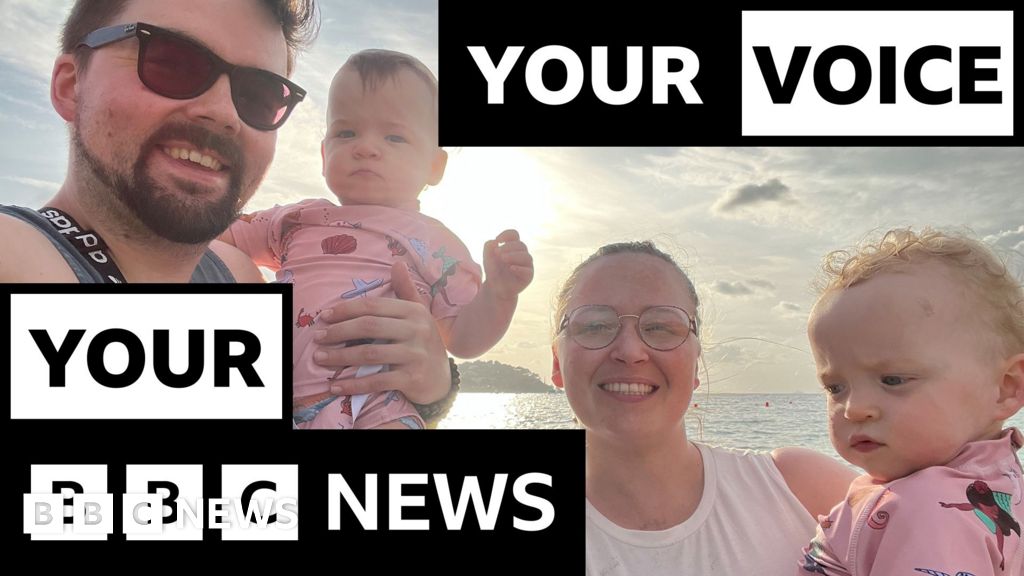20 years ago, this Fast Company editor was given 18 months to live. Here’s what his cancer journey has taught him about work and life
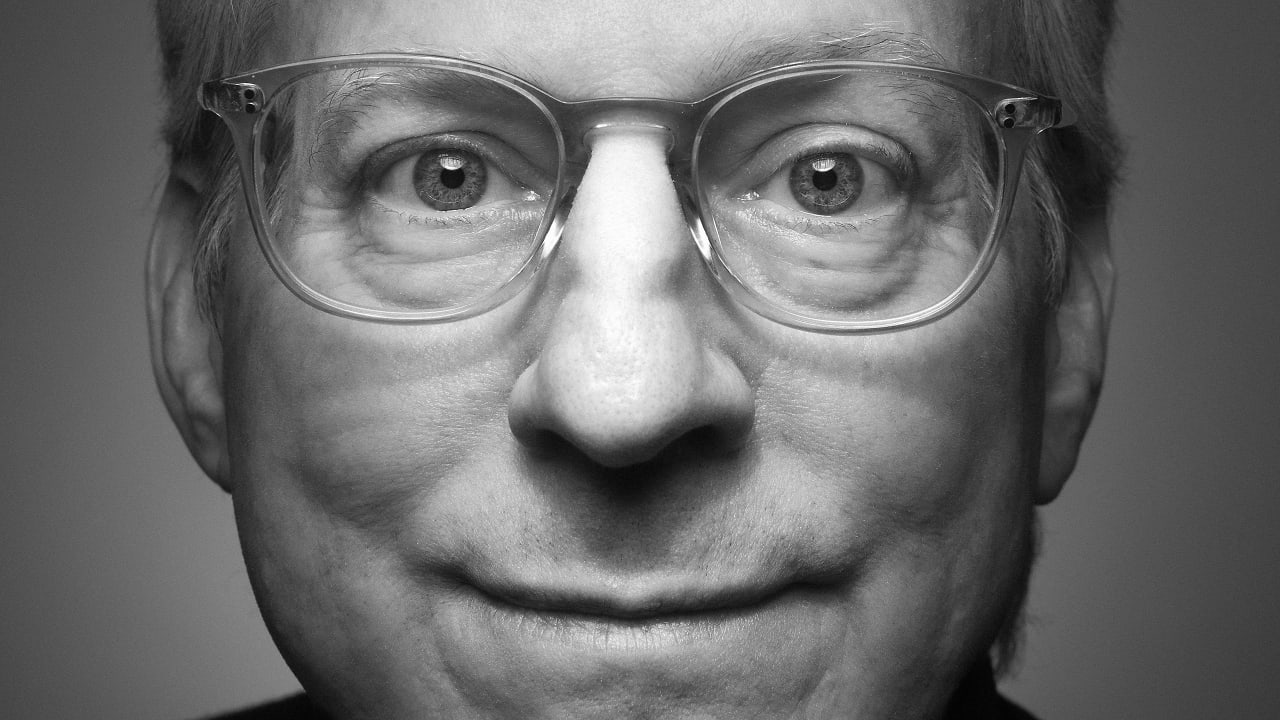
When he was 38, Fast Company senior editor Jon Gluck was diagnosed with an incurable blood cancer, multiple myeloma, and given just 18 months to live. Unbelievably, he has survived—and managed to thrive—for more than 20 years.
In his new book, An Exercise in Uncertainty: A Memoir of Illness and Hope, Gluck details how he has lived with chronic illness for the past two decades. Gluck joined the Most Innovative Companies podcast to discuss getting diagnosed, how working helped him cope with his illness, and the workplace accommodations that enabled him to keep going.
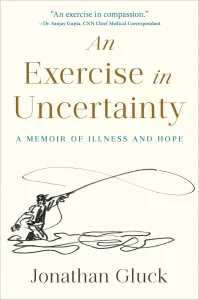
Your book follows your journey with a rare type of blood cancer. What is the condition?
I have a blood cancer alternately referred to as a bone marrow cancer called multiple myeloma. It’s an incurable cancer but one that has fortunately, in my case, been treatable. I will never not have it, but fortunately I’ve been in a position where my doctors have been able to manage and control it quite nicely. There have been times when I’ve been very sick and then I’m treated and I go into a remission and then I’m sick again and I go into a remission. That’s been the story of the last 20 years. A portion of my book proceeds are going toward multiple myeloma research.
In the book, you mention that the first person you called after your initial diagnosis—when you were given less than two years to live—was your boss. Why?
I think I was trying to create a sense of normalcy for myself. I think part of it was denial. I just didn’t want to really admit that anything was so wrong that I had to do anything differently than I normally would. Part of it was just the strange sense of duty I have sometimes as an individual. I was like, well, I better report to the boss that I won’t be there today, even though I’ve just received life-changing information. It’s very Boy Scout behavior. I was also avoiding calling people for whom it would be a much bigger deal.
You write that you encounter three types of responses when you disclose your cancer diagnosis. Some say they know someone who died from the same condition. Others immediately try to help and find solutions. Then there’s a third type who just listens to you and is empathetic. What advice do you have for people whose friends or relatives share a diagnosis with them?
It’s a tricky thing. Most everybody is well intentioned, and so whatever people say or do I understand. That said, I’m going to give a “never, sometimes, always” answer to your three buckets. So the never is, “Boy, I just knew somebody who had that and they died yesterday.” I think it’s pretty unhelpful. Probably the person who just told you they’ve been diagnosed with the same disease is not the best person to talk to about that.
Sometimes I think wanting to help is complicated. The criteria I’d use there after 20 years of dealing with this is . . . are you offering something that’s genuinely helpful and that the person probably hasn’t already heard? If you are, then go for it. I think there’ve been people I know who said, “Listen, I happen to know my wife’s uncle is really close friends with an amazing myeloma doctor at such and such a hospital. If you ever want to reach out to them, I can put you in touch.” That’s helpful.
Then the always category of basic empathy or sympathy. I’ve been really struck over the years by how powerful just somebody simply saying, “I’m really sorry to hear that” [can be]. Honest to God, those words alone are wonderful and more powerful than you think they are. One of the first people I told in my office, a colleague I remember very vividly simply said, “You poor guy. I am really sorry.” That was so moving and it wasn’t even someone I was particularly close with. It was just somebody who knew the right thing to say.
While many people, when they get a diagnosis like this, rethink their whole lives, you looked back on your life and realized you were pretty happy with your job and your situation. How has work helped you throughout your illness?
I have been working this whole time. I’ve hardly missed a day of work, even when I’ve been hospitalized, [thanks to] remote work and Zoom. Sometimes people say, “That’s so brave or courageous or wonderful of you to have worked the whole time.” Believe me, it has nothing to do with bravery in my case, it’s just an incredibly great distraction. The pressure and deadlines we deal with in our business were great for me because it was like whatever the problem is here at work, it’s not as big as that [cancer] problem.
People often talk about getting that kind of perspective when they’ve received a diagnosis like mine. That’s absolutely been true in my case. I really came to see that I love what I do, and so there was just pleasure and enjoyment in doing the work. When you’re sick and not feeling well all the time or getting treatment and feeling even worse, pleasure and enjoyment are in short supply.
You can still get burned out though. You wrote about leaving New York magazine after a while because you needed a break.
I happened to be working at a place that was extremely demanding and I had been there for more than 10 years. As my disease became more complicated and my treatment became more aggressive and the side effects therefore were more debilitating, many people said to me, “Do you really want to work this hard? Stress is bad for you.” I was like, well, stress is bad for you if it’s bad stress or if it’s an excessive level of stress, but as I was saying a minute ago, a certain amount of stress I found really good in the sense that it kept my mind off of my illness. But that reached a tipping point somewhere in my 10th year of working. I realized I need a job that’s not so demanding minute to minute, day to day.
There are constant layoffs in the media industry, which can be stressful when your medical insurance is tied to your job. What kind of insurance battles have you had?
I’ve become an unwilling example of this new category of people I call cancer zombies. And what I mean by that is people who are half sick and half well. There’s a growing number of us because of the advancements in biomedical research and the treatments for many kinds of cancers. Instead of either you’re treated and you survive and you’re good to go for the rest of your life, or you’re treated and unfortunately the treatments don’t work and you pass away, there’s this whole cohort of us who are living for really long periods of time with varying degrees of illness and debilitation. Unless you’re independently wealthy, that means you need to work for a lot of years and you need insurance for a lot of years, even while you’re struggling with your illness and your treatments.
I learned that the leading cause of personal bankruptcy is unexpected medical expenses. Because of all that [my wife and I] felt like we really needed a sort of belt-and-suspenders approach, and for both of us to have insurance in case either of us got laid off because we were both in the media business and layoffs had been happening for many years at an alarming rate.
In terms of dealing with insurance companies, it’s maddening. The system is so broken that what it comes down to is just getting lucky. What I mean by that is getting somebody on the other end of the phone who’s a human being, not a machine, and who actually cares and wants to help solve your problem. Whether that happens or not is just a crapshoot. You just have to keep going at it.
What was the pandemic like for you?
It was tough. Part of both my illness and my treatment have left me quite immunocompromised. We were in the city and we had no other logical place to go. We didn’t want to move in with family and expose them to extra risk. We followed all the precautions to a T. But then oddly enough, we went back to living the way most people were living. At some point I just decided, what’s the point of staying alive if you don’t live your life?
One of the interesting things that happened toward the end of the first, most serious wave of the pandemic is that I wrote an op-ed for The Washington Post. The title was something like, “It’s great that everybody’s getting back to normal. Now, please keep in mind that there are some of us who are immunocompromised who still need to take these precautions.” Most of the comments I got were lovely and supportive, but [it was also] met [negatively] by some people. One of the comments I think was, “That’s the luck of the draw. We don’t owe you anything, stop whining.”
How important are accommodations, like the ability to work remotely, for you?
It’s been tremendously important. One of the other things that is interesting about the pandemic is that in some ways, people sort of sympathize more with everybody who has ever been through [illness] and has to worry constantly about germs. That was normalizing in a strange way. The best part was being able to work remotely. It allowed me to keep my job without going on disability. It allowed me to keep the constant distraction of working in place so that I didn’t lose my mind. It became a lifeline.
Have you experienced any workplace discrimination?
It’s a really tricky question. I’m not the kind of person to knee-jerk see that sort of thing everywhere, but I’ve had glimpses of it. When I was getting ready to leave New York magazine and interviewing for jobs at other places, a recruiter said to me, “I read the story you wrote [about your illness] in New York magazine. How are you doing?” On the one hand, she seemed like an extremely nice person and I’m the kind of person who’s inclined to give people the benefit of the doubt. On the other hand, I wondered, Is she fishing for information about my health status so she can figure out if I’m a wise hire? I’ll never know.
I’m not here to give people advice [about] whether or not they should share information about their illness. I will say once you do decide to, there’s no putting it back in the bottle. So just be super sure that if you want to share this information, you are potentially opening yourself up to what can be a very serious problem.
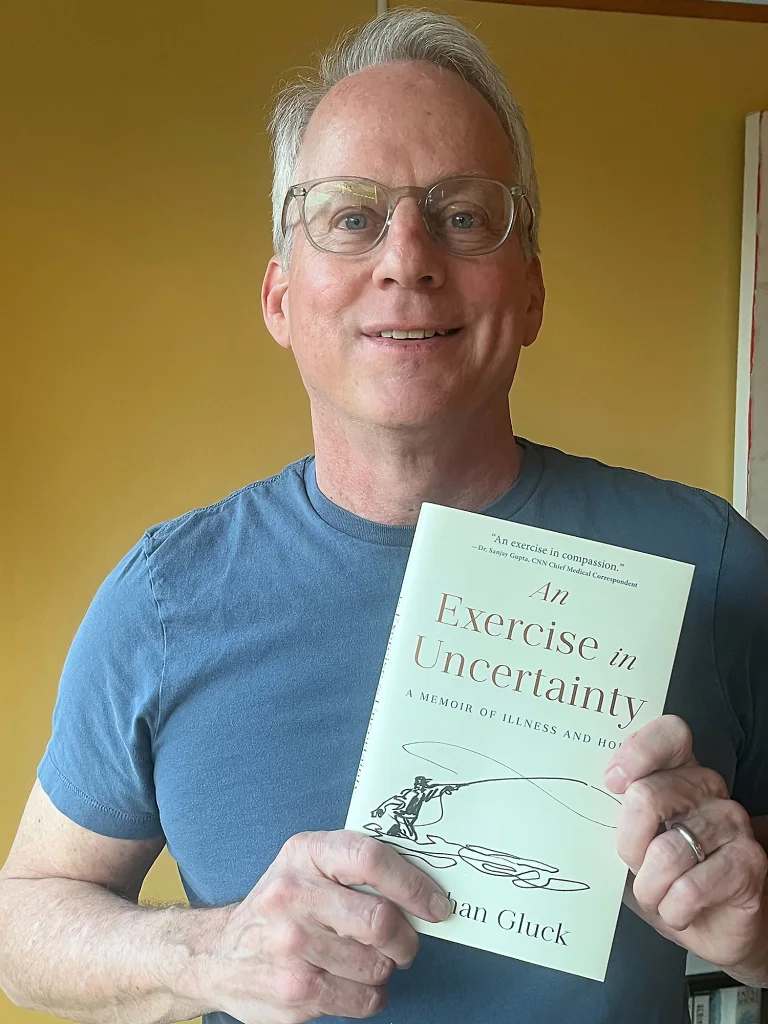
What's Your Reaction?
 Like
0
Like
0
 Dislike
0
Dislike
0
 Love
0
Love
0
 Funny
0
Funny
0
 Angry
0
Angry
0
 Sad
0
Sad
0
 Wow
0
Wow
0



